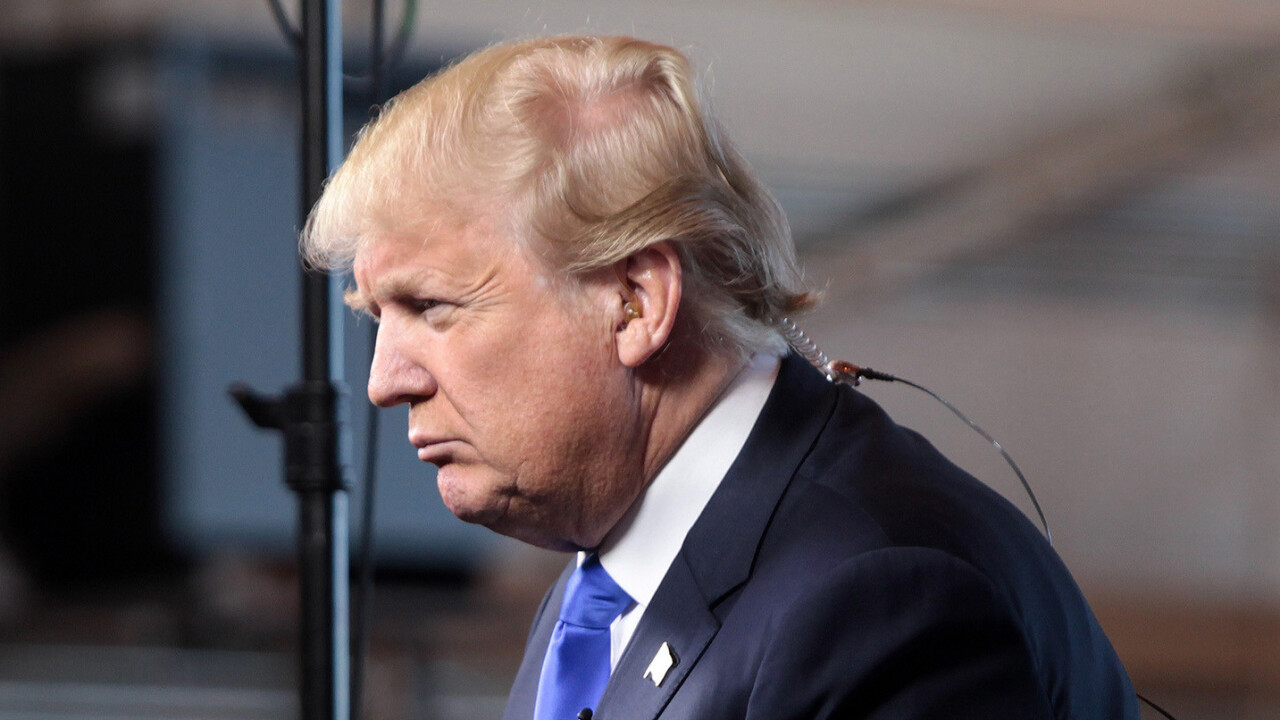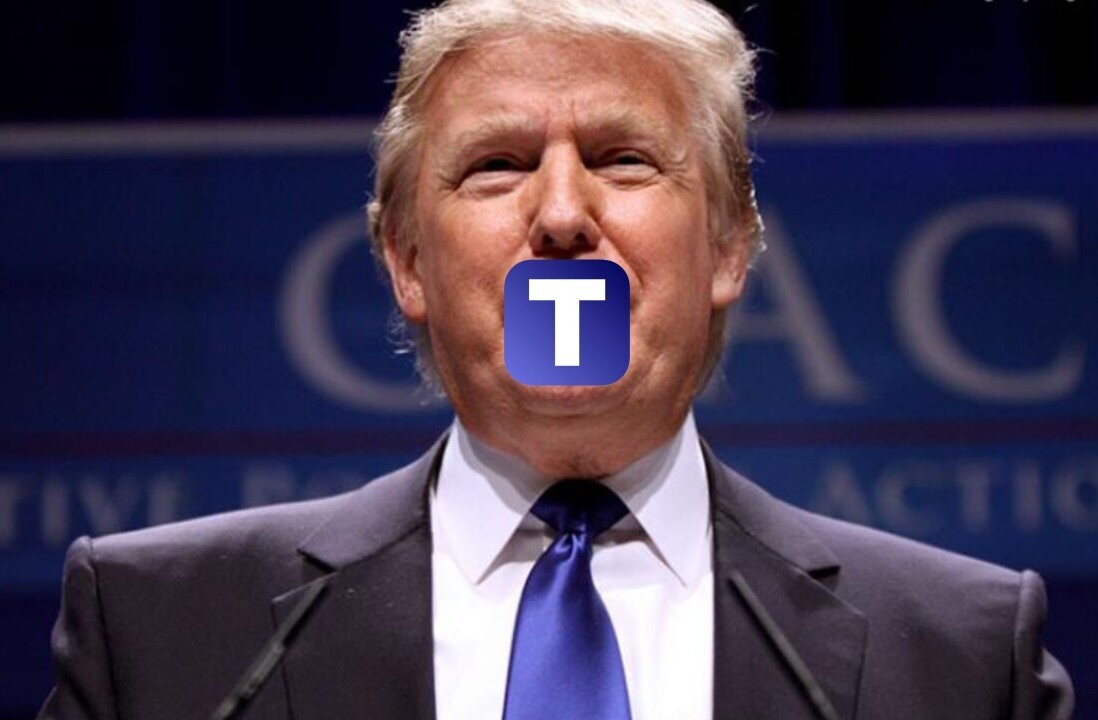Earlier this week, Congress voted to allow ISPs to collect and sell your private information to third parties without your consent. That’s a huge win for broadband companies. Now, they’re about to score again.
The New York Times reports that the Trump administration has set its sights on Obama-era net neutrality rules, which were approved in 2015 to ensure that all internet traffic in the US is treated equally and delivered the same way by ISPs.
White House spokesman Sean Spicer said that President Trump had “pledged to reverse this overreach,” referring to the previous administration reclassifying internet services as utilities and subjecting them to federal regulation.
If that happens, mobile carriers and ISPs will be able to charge internet companies for the privilege of having their content delivered to consumers at faster speeds and lower data costs (sometimes even at no cost – this is called zero rating) than those who don’t pay up – leading to unequal access to online information and services.
The task of rolling back net neutrality rules will likely fall to current Federal Communications Commission (FCC) chairman Ajit Pai, who took up the role in January after previously serving as a commissioner for the agency. When he voted against the FCC’s move to reclassify broadband as a utility, Pai said that net neutrality’s “days are numbered.”
It isn’t clear why the US government is so keen to dismantle net neutrality. One might argue that it’s an effort to reduce the oversight of the government into private companies’ business tactics; President Trump also remarked that he will “continue to fight Washington red tape that stifles American innovation, job creation and economic growth.”
What sort of new jobs, innovation and growth can we expect to see by handicapping certain internet companies who aren’t flush with enough cash to compete with bigger players? There’s no word from the White House on that, and therefore one can only speculate that there are vested interests at play behind this decision.
Another day, another piece of bad news from Trump & Co. Welcome to the new normal.
Get the TNW newsletter
Get the most important tech news in your inbox each week.






